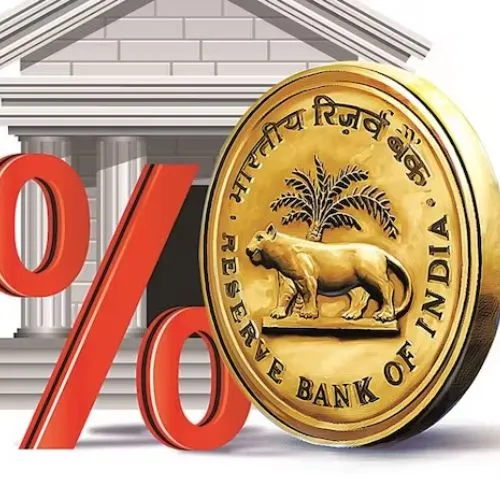The aftermath of Tayyip Erdogan’s victory in May’s Presidential vote brought mixed fortunes for the Turkish financial market. While some sectors witnessed a surprising rally, others endured significant losses, with the lira taking a severe hit. This article explores the extreme moves in the Turkish financial Market’s Rollercoaster Ride and delves into what investors are keeping an eye on for the future.
Lira’s Steep Decline: How Low Can It Go?
Since Erdogan’s election win, the Turkish lira has plummeted by 25%. Over the course of 2023, it has experienced a staggering 30% drop, second only to Nigeria’s naira and Argentina’s peso. New Finance Minister Mehmet Şimşek and central bank chief Hafize Gaye Erkan appear to have allowed the currency to operate with more flexibility. Nevertheless, the pace of its fall is accelerating, and it risks overtaking Nigeria and Argentina unless measures are taken to reverse the trend. Investors believe that only by raising interest rates to attractive levels will the lira have a chance to regain its footing. Economists predict an increase to 20% from the previous 15% in the central bank’s post-election rate decision.
Stock Market Surges Amidst Lira’s Struggles
Surprisingly, Turkey’s stock market experienced a rally despite the lira’s troubles. Foreign investors showed confidence in the market, buying $231 million worth of Turkish shares in the week ending July 7th. MSCI’s Turkey index, denominated in dollars, performed exceptionally well after the elections, further defying the lira’s depreciation. The optimism stems from expectations that policies stabilizing the exchange rate and alleviating inflation concerns will bolster investor confidence and sustain market growth.
Narrowing Spreads and Bond Market Resurgence
A return to more conventional economic policies has led to a reduction in the premium, or spread, demanded by investors for purchasing Turkey’s dollar-denominated government bonds over U.S. Treasuries. This spread is now at its lowest level since the onset of the COVID-19 pandemic. Consequently, Turkish bonds have outperformed the JPMorgan EMBI Global Diversified Index for emerging market debt. Recent developments, such as Erdogan’s approval of Sweden’s NATO bid and the European Investment Bank’s 400 million euros package for earthquake rebuilding efforts, have further supported the bond market. Additionally, lucrative deals with the United Arab Emirates have contributed to a cautiously optimistic outlook for Turkish bonds.
Struggles in the Local Bond Market
In contrast to dollar-denominated bonds, local lira-denominated bonds have experienced a dismal performance. The combination of higher interest rates and the lira’s collapse led to a massive 38% loss in dollar terms. Even without factoring in the lira’s depreciation, these bonds still suffered a 13% decrease since Tayyip Erdogan‘s election win. This makes Turkey the only local market where both the bonds and the currency have weakened in 2023.
Inflation Concerns Looming Large
Investors are particularly worried about Turkey’s inflationary cycle, wherein high inflation rates put immense pressure on the currency, leading to increased import costs for essential commodities like food and fuel. Analysts project that headline inflation will remain above 40% for another year. Real-time data scraped from the internet indicates a resurgence in inflation rates, likely a direct response to the lira’s recent plunge. Observers anticipate a sharp reacceleration of the monthly inflation rate above 4%.
Conclusion
Turkey’s financial market has been a rollercoaster ride in the aftermath of Tayyip Erdogan’s election victory. While the stock market witnessed a surprising rally, the lira’s steep decline remains a concern. The performance of both dollar-denominated and local bonds also faced significant challenges. As inflation continues to be a palpable worry, investors remain vigilant for potential policy shifts and economic stabilization measures that could positively impact the Turkish financial landscape.













